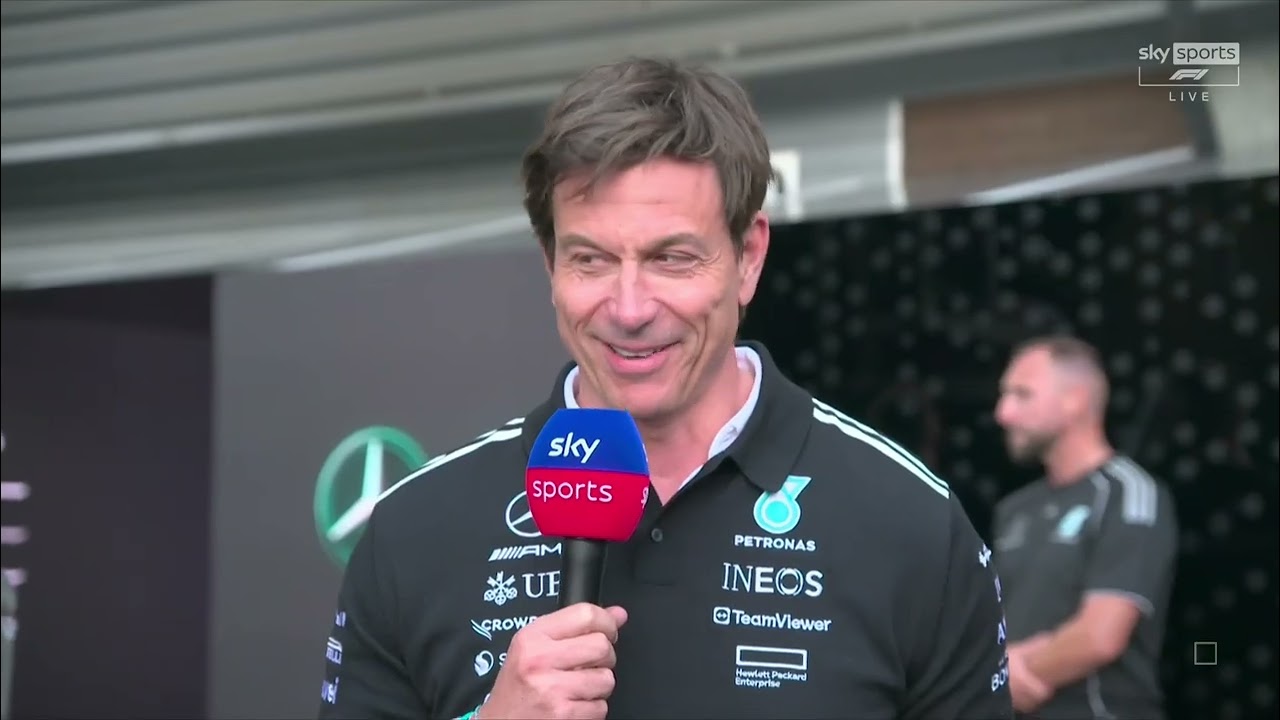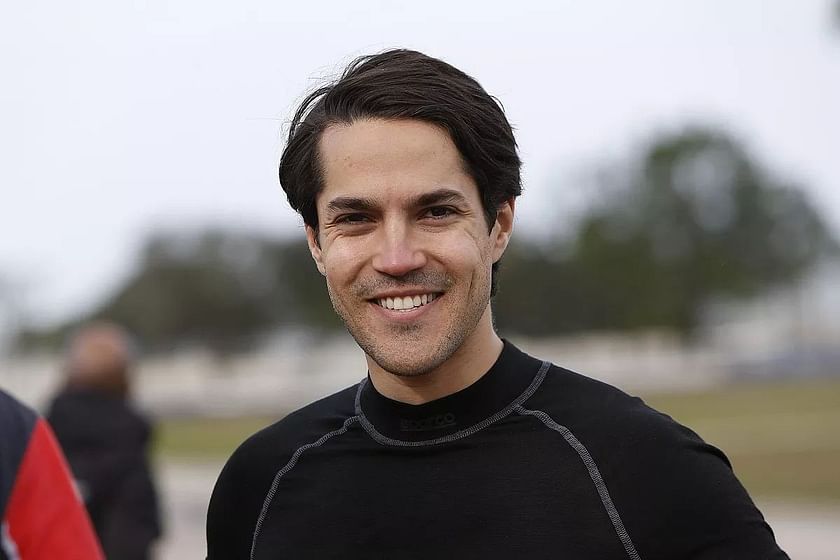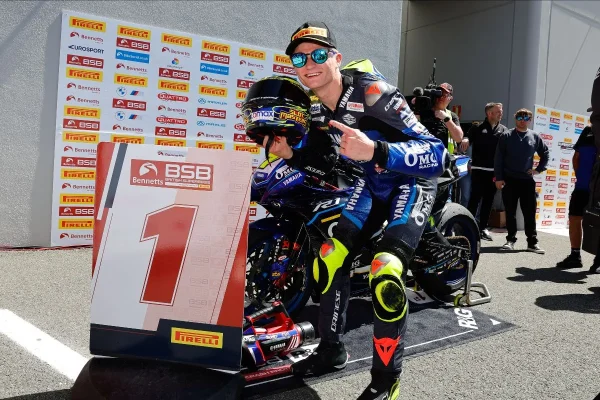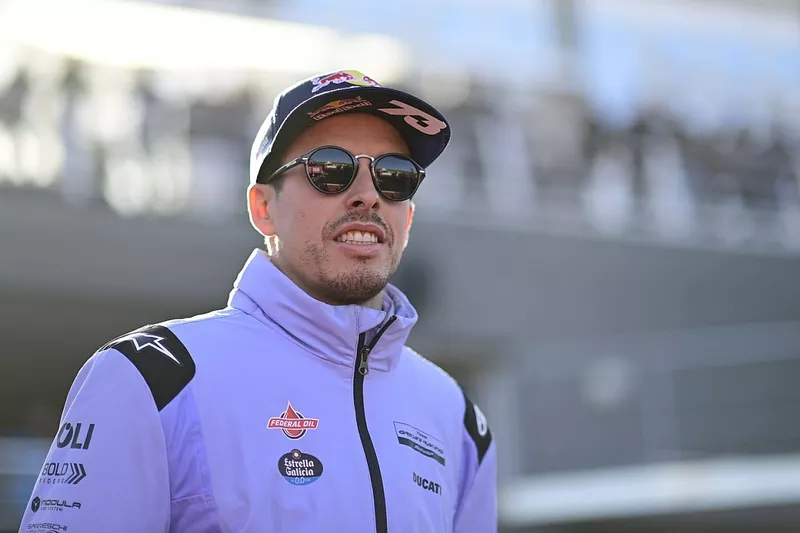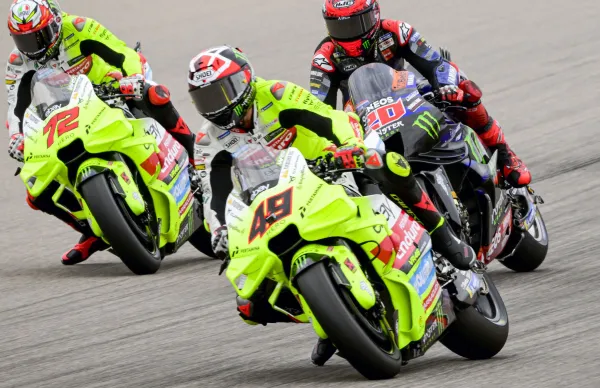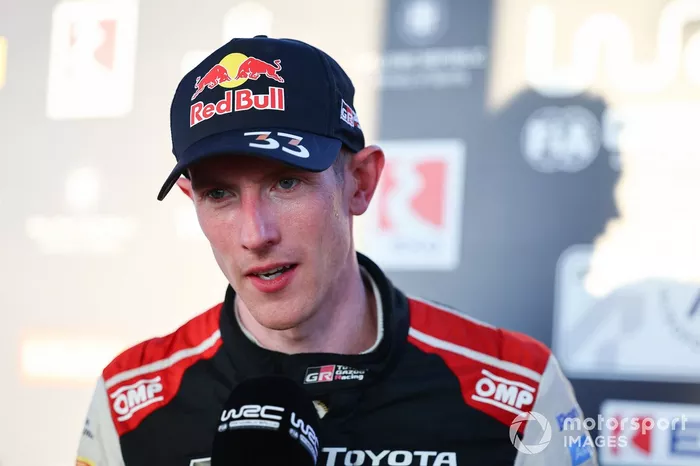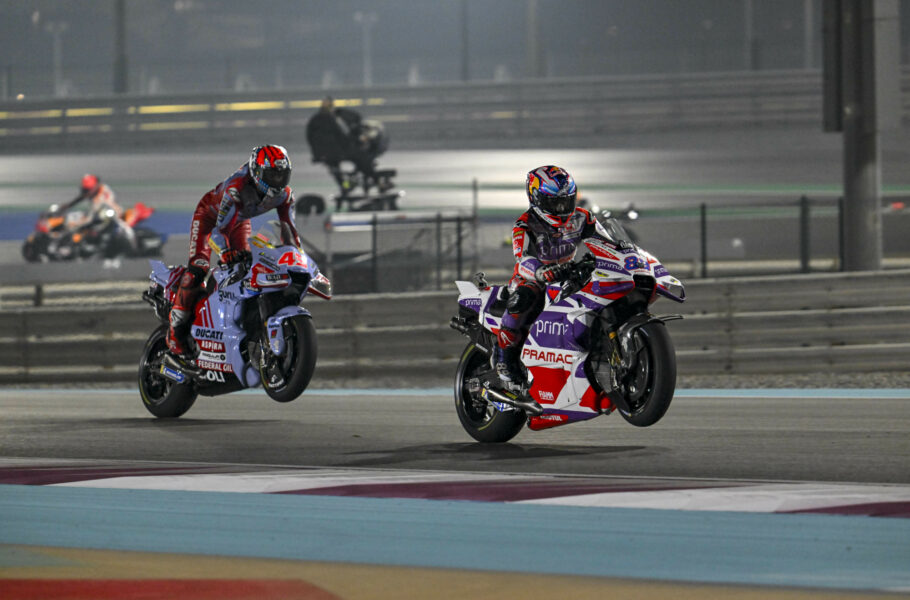Power Struggles And Mind Games: Toto Wolff Opens Up On His Rivalry With Christian Horner
A Competition that characterizes Modern Formula 1.
There is hardly a rivalry in Formula 1 that has gripped viewers as the current battle between the bosses of the Mercedes team Toto Wolff and Red Bull principal Christian Horner. What started as a strategic conflict in the turbo-hybrid era, has since turned into a psychological battle that represents the conflict of two of the most successful operations in F1. Their to and fro exchanges have not only made headlines, but also made the competitive climate of the paddock. Wolff has recently looked back on this competition, and provided some insights into the impact this competition has on the sport, as well as his own management style.
A Clash of Philosophies
The conflict of philosophies is at the center of the Wolff-Horner rivalry. Wolff, who has a financial and racing background, is a methodological, corporate-based approach, focusing on efficiency, data, and long-term structures. Horner on the other hand adopts a more aggressive, outspoken approach and tends to use the media as a strategic tool to mount pressure on either of the rivals or officials. Their contrasting approaches were most evident in the 2021 season, one of the most scandalous seasons in the history of Formula 1, as Mercedes and Red Bull tore each other apart in the championship.
Recent comments by Wolff indicate that he regards the provocations of Horner as a challenge and an opportunity. Although he admitted that the rivalry between them was fierce, Wolff pointed out that competition at the management level is unavoidable in a sport where a tenth of a second matters. But he, too, noted that their interactions sometimes cross the border between healthy competition and personal hatred, a fact that highlights the delicate nature of passion and professionalism in Formula 1.
The Rivalry Beyond the Track
The feud between Wolff and Horner has passed beyond the subplot of races. It has attracted itself as a spectacle; fans are sucked into the off-track action. Their war of words was enhanced by the Netflix effect via Drive to Survive, which portrayed both Wolff and Horner as the main characters in the modern-day narrative of Formula 1. The soundbites, body language, and confrontations they give bring in an element of theater to complement the racing spectacle.
Business-wise, this competition enhances the marketing value of Formula 1. Not only are sponsors, broadcasters, and fans interested in Verstappen versus Hamilton but Wolff versus Horner. The difference between the cool-headed pragmatism of Wolff and the passionate rhetoric of Horner generates stories that the media and fans are eager to attach themselves to. It is an example of the development of Formula 1 into a sports-entertainment hybrid.
Fans, Media, and the Paddock
The response of the fans to the Wolff-Horner rivalry is highly polarized. The Mercedes fans love the cool attitude and future-thinking of Wolff, whereas the Red Bull ones are fond of Horner bravely telling everyone everything and being ready to defend his crew by all means. In social media, each interaction between the two attracts debate, memes, and discussions that continue to buzz F1 even after the race weekends.
In the paddock, though, there is the acceptance of mutual respect. On camera we can see rivalries but in the background Wolff and Horner know that their positions have joint need to be met in terms of the health and development of Formula 1. Team principals are in any case guardians of the image of the sport, and though friction is headlined, cooperation is what guarantees sustainability.
Historical Context: Echoes of Past Rivalries
The Wolff-Horner rivalry echoes previous managerial feuds in Formula 1. Ron Dennis vs. Frank Williams, Jean Todt vs. Flavio Briatore–this kind of conflict has always been the same as on-track battles and usually characterized periods in the sport. Wolff and Horner in many ways are the new generation of these figures with their brands of competitiveness being introduced to a new world audience. Their rivalry is, however, unlike others in that it is enhanced by the media in the digital era. Any quote, any sarcastic comment, every sideways look is immediately analyzed on the other side of the world.
Future Outlook: Can This Rivalry Evolve?
Moving forward, the question is whether the Wolff-Horner competition will become even more intense or soothe as Formula 1 discovers a new regulatory environment. Mercedes is still driving to get back to the top, and Red Bull seeks to cement its dominance with Max Verstappen. In the case of Wolff, it takes more than off-track drama to re-establish Mercedes as a title contender. In the case of Horner, keeping Red Bull ahead of the pack and at the same time keeping off competitors implies doubling the efforts of technical perfection as well as psychological warfare.
The competition may also take a different form with the entry of new players. The revival of McLaren and the ambitions of Aston Martin might bring new dynamics, but the history of Wolff vs. Horner is not going to disappear. Their opposite strategies have been integrated into the culture of Formula 1, as they are not only the competition of the teams but also the conflict between the corporate rigidity and burning charisma.
Rivalry as the Engine of Formula 1 Drama
The thoughts of Toto Wolff on his competition with Christian Horner prove once again that many fans know–this is not merely a championship fight. It is a competition that is the nature of Formula 1: competition, drama and the unstopping quest to dominate. Although the cars and drivers will determine what happens on the road, the character of Wolff and Horner will build the story off the road.
The Wolff-Horner saga will always be one of the most interesting plots of Formula 1 as long as the sport and spectacle are combined. It entertains the fans, sparks controversy and makes it so that even when the engines are switched off, Formula 1 remains a show.
